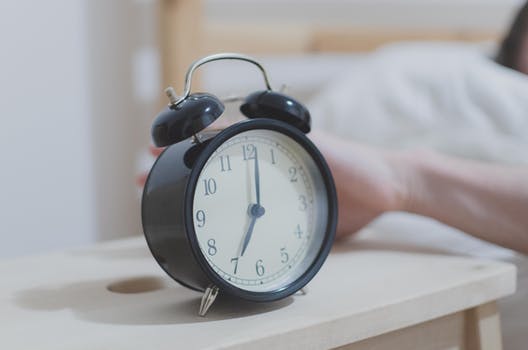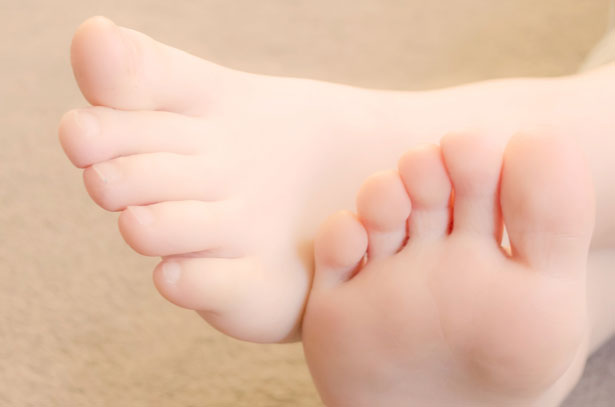I hear this question frequently from many of my patients; they ask “why does my back hurt when I was up in the morning?” They say they go to bed feeling fine, but wake up in the morning with back pain. Often, this is something they say has been happening for a long time. They have tried everything from trying different mattresses or mattress toppers to using heating pads on their low back before going to sleep. In some cases, they say they use a heating pad while they sleep, which is something that is never recommended, first for safety issues, and secondly because it can actually make a sore back feel worse. Figuring out where your back pain is can determine what you can do to try to make it feel better.
Neck Pain
Pain in the neck or shoulders, in addition to a stiff neck, is usually caused by a pillow that isn’t supporting your sleeping posture. Generally speaking, someone who sleeps on their stomach needs a softer pillow than someone who sleeps on their side or back. If you wake up with hands or fingers that are numb, a stiff neck, or a headache, you might want to check your pillow. If you have high blood pressure, this can also be the cause of a morning headache, so be aware of any changes to your blood pressure.
Upper Back Pain
Patients who report that they sleep on their side or stomach are more likely to have shoulder or upper back pain. Sleeping with your arms above your head puts your upper back and shoulders in to a position of mild extension, which can put stress on the neck. Also, using a pillow that is too full can also cause pain in the upper back. With most patients, a simple correction includes using a proper pillow. You might find that you have to search around for one that is the best for you, and be aware that it can take up to a week before your body gets used to the new pillow.
Low Back Pain
Usually, waking up with low back pain is an indication that your mattress that has exceeded its life expectancy (approximately 10 years). A mattress that is firm can be less supportive of a mattress that is soft. In addition, I find that patients who report low back pain in the morning usually have a history of low back pain that includes one or more herniated discs, both old and new. With a new herniated disc, there is a lot of inflammation and swelling around a nerve. In this situation, icing the low back for approximately 15 minutes can help the low back feel better. With an old herniated disc, there are changes to the bone and biomechanics of joint movement that can irritate nerves, so while there isn’t inflammation, the nerves are still irritated. However, in this later case, movement and stretching seems to ease the discomfort better than ice.
One thing is definite: waking up in the morning with pain is not normal. Pain is your body’s way of getting your attention to let you know that something is not working right. If you experience this type of pain and it lasts for more than a few days or if the pain intensity is severe, an evaluation by a doctor is recommended.




